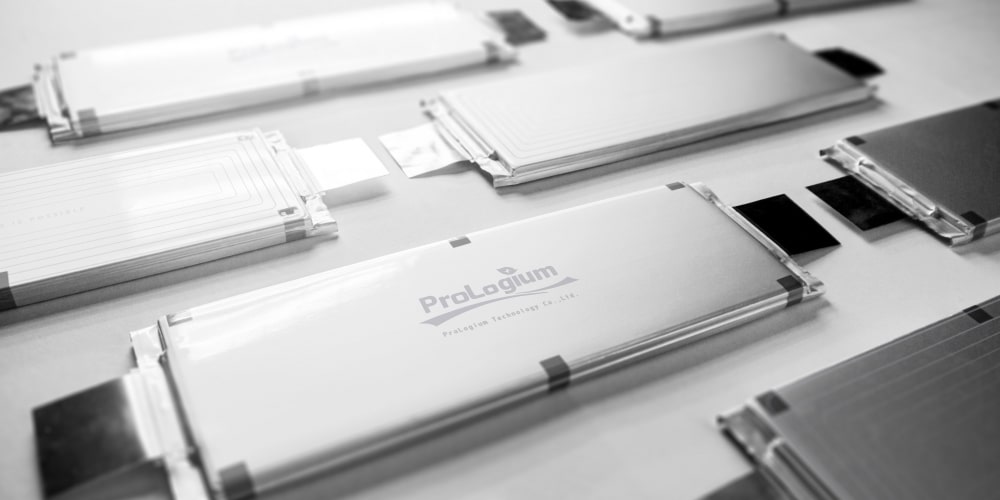EU funds for ProLogium project in France
The French government has been given the go-ahead from the EU Commission to subsidise research and development of solid-state batteries for electric vehicles with the Taiwanese company ProLogium. The European Commission has approved funding of €1.5 billion under EU state aid rules.
The R&D project is called “Prometheus” and will run until the end of 2029. According to the EU Commission, Taiwanese solid-state battery manufacturer ProLogium will first develop a first generation of solid-state batteries “to overcome the limitations associated with conventional lithium-ion batteries.” The second step is to develop a new generation of solid-state batteries with higher energy density and greater sustainability.
Step three involves developing processes and strategies for recycling various components of the new batteries, with ProLogium contributing to the development of standards for solid-state battery recycling. ProLogium also said it is committed to actively sharing the technical expertise gained through the project with industry and academia.
“This €1.5 billion measure enables France to support ProLogium’s research and development project on innovative solid-state batteries for electric vehicles,” says Margrethe Vestager, executive vice president of the European Commission in charge of competition policy. “This project will also contribute to fostering an innovative battery value chain for electric vehicles in Europe while limiting possible distortions of competition,” she assures.
This statement reflects the current international scramble for technology, resources and knowledge globally as economies around electric vehicles ramp up globally. Many countries, including China and the USA, have introduced strict guidelines that shield native players and exclude or limit foreign players from being eligible for industry subsidies to promote the transport and energy transition off fossil fuels. Some economists say this kind of protectionism is limiting innovation globally.
In announcing the funding, the EU Commission outlined its assessment according to EU State aid rules, specifically on Article 107(3)(c) of the Treaty on the Functioning of the European Union (‘TFEU’). This includes the assessment that the measure: facilitates the development of economic activity, particularly regarding R&D activities for the development of a new generation of SSB technology for electric vehicles; that it has an ‘incentive effect’ to carry out research and development; that it is necessary and appropriate, has safeguards, and brings about “positive effects that outweigh any potential distortion of competition and trade in the EU.”
ProLogium made its plan for a factory in France official in May this year. The Taiwanese manufacturer’s first European factory will be built in the northern French port city of Dunkerque. ProLogium will invest 5.2 billion euros to build the 48-GWh factory, which will include a research and development centre. Construction is scheduled to begin in the second half of 2024, and production is expected to start at the end of 2026.
So far, ProLogium produces its solid-state batteries in Taiwan, where the production is only designed for a capacity of 3 GWh. Last year, the Vietnamese automaker VinFast took a stake in the company. In return, ProLogium is to supply solid-state battery cells to VinFast from 2024 onwards. Mercedes-Benz also invested a high double-digit million euro amount in ProLogium in January 2022 and agreed to jointly develop next-generation battery cells with the Taiwanese company.





0 Comments